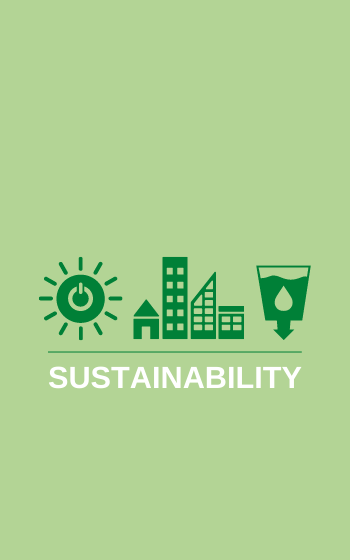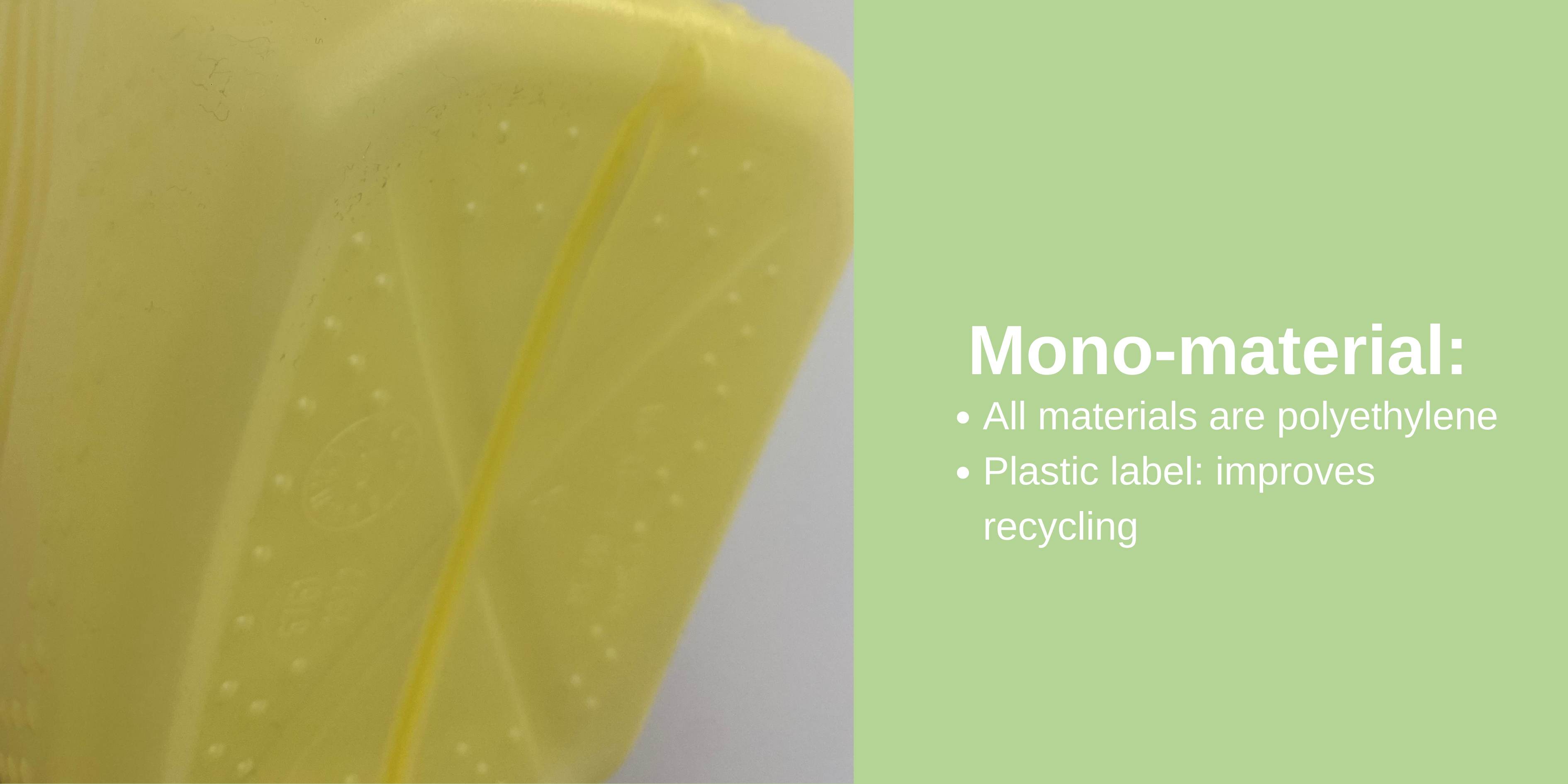At BASF, we want to contribute to a world that provides a viable future with enhanced quality of life for everyone. We do so by creating chemistry for our customers and society and by making the best use of available resources. Sustainability is at the core of what we do, a driver for growth as well as an element of our risk management.
Read more about our sustainability initiatives below:
Corporate Commitments
We have defined sustainability focus areas within our corporate strategy. These formulate the commitments with which BASF positions itself in the market and how it aims to meet the growing challenges along the value chain.
Our sustainability goals and KPIs
BASF welcomes the Sustainable Development Goals (SDGs) and supports the UN in making our planet more sustainable. BASF was actively involved in the development of the SDGs as a member of the working groups. Of particular importance to BASF are the SDGs: Zero Hunger, Good Health and Well-being, Clean Water and Sanitation, Decent Work and Economic Growth, Industry, Innovation and Infrastructure, Sustainable Cities and Communities, Responsible Consumption and Production, Climate Action, Life on Land and Partnerships for the Goals.
BASF is contributing to the SDGs in the following areas:
1. Effective climate protection
- Reduce our absolute CO2 emissions* by 25% by 2030 compared with baseline 2018
- Achieve net zero CO2 emissions1 by 2050
2. Resource efficiency and safe production
- Reduce worldwide process safety incidents per 200,000 working hours to ≤ 0.1 by 2025
- Reduce the worldwide lost-time injury rate per 200,000 working hours to ≤ 0.1 by 2025
- Introduce sustainable water management at our production sites in water stress areas and at our Verbund sites by 2030
3. Sustainable product portfolio
- Achieve €22 billion in Accelerator sales** by 2025
4. Employee engagement and diversity
- Increase the proportion of women in leadership positions with disciplinary responsibility to 30% by 2030
- More than 80% of our employees feel that at BASF, they can thrive and perform at their best
5. Responsible procurement
- Cover 90% of our relevant spend*** with sustainability evaluations by 2025
- Have 80% of our suppliers improve their sustainability performance upon re-evaluation
*The goal includes Scope 1 and Scope 2 emissions without emissions from sale of energy to third parties. Other greenhouse gases are converted into CO2 equivalents according to the Greenhouse Gas Protocol.
**Products with substantial contribution to sustainability
***Relevant spend; based on risk matrices, purchasers’ assessments and other sources
Eco-packaging
BASF Agricultural Solutions adopts eco-packaging technology in packaging products where suitable. All materials are polyethylene and use 20% less plastic than standard industry products. Aside from its sustainable attributes, the packaging also has a multitude of functional benefits – making it easier to store, use and dispose of. The eco-packaging concept is eco-efficient as it takes less plastic to make the new canisters, resulting in reduced greenhouse gas emissions during production.
Promoting proper use
When used responsibly, pesticides are a valuable tool to help protect food, businesses, homes and gardens from damage and they also help control or eradicate disease-carrying pests.
To help professional pest control applicators ensure the correct and responsible use of BASF products we've developed some initiatives that promote the best practices in order to have the least impact on non-target species & environments:







